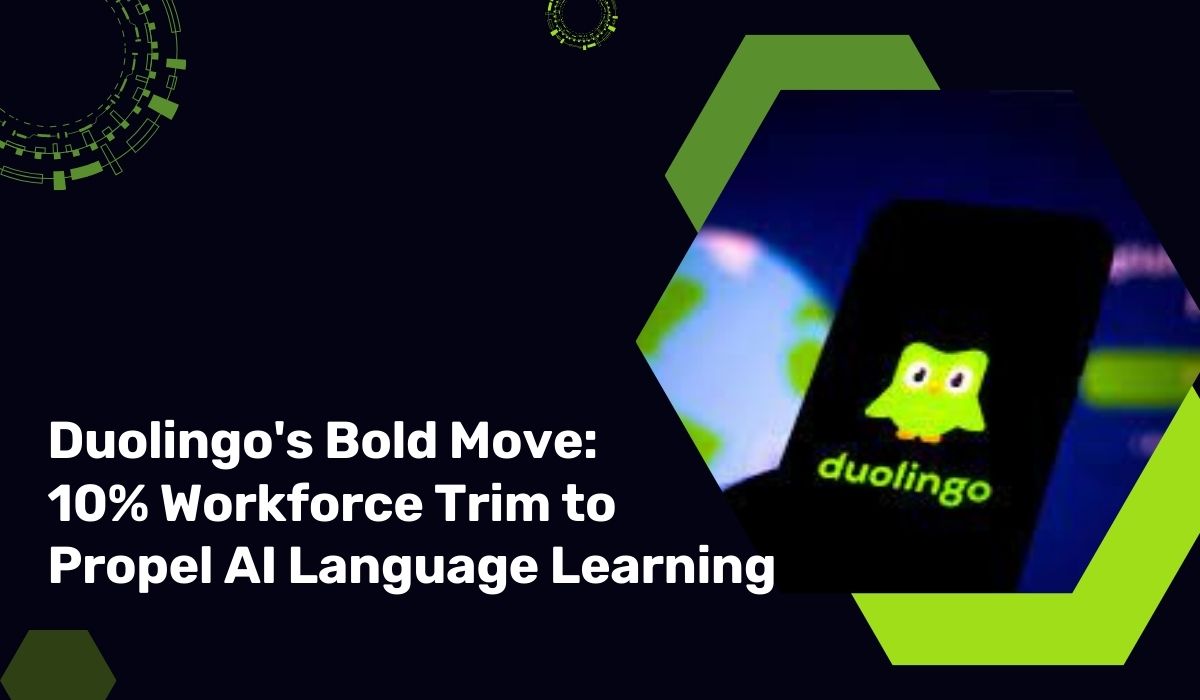
Duolingo, the widely used language-learning app, has recently implemented a workforce reduction, letting go of 10% of its contracted translators. This strategic move is part of Duolingo's larger initiative to prioritize the integration of generative artificial intelligence (Gen AI) into its services, a trend observed across tech companies aiming to leverage AI for efficiency and cost reduction. The company contends that the shift towards AI technologies diminishes the need for a larger human workforce. The decision sparks concerns about the broader implications of AI replacing human employees in various industries. While AI is known for enhancing productivity and expediting digital strategies, the move by Duolingo raises questions about potential job displacement and the ethical considerations surrounding AI's capabilities.
Duolingo has been steering towards AI-driven language translation for over a year, culminating in the introduction of Duolingo Max in March 2023. This innovation, in collaboration with ChatGPT creator OpenAI, allows users to engage in language-learning conversations with the iconic Duolingo Owl. Duolingo's CEO, Luis von Ahn, sees AI as a catalyst for advancing global education, making high-quality learning accessible to everyone. However, concerns over the ethics of AI replacements persist. Duolingo has reportedly replaced human translation with AI, leading to debates on the reliability of AI for tasks traditionally performed by humans. The fear of potential inaccuracies and a lack of oversight looms large as AI increasingly assumes roles once held by human employees.
This move by Duolingo aligns with a broader trend in the tech industry, where companies such as Alphabet, Meta, and BT Group underwent significant workforce reductions in 2023. Google, for instance, cut hundreds of employees in January 2024 from its hardware, voice-assistance, and engineering teams, citing cost-cutting measures. Duolingo's shift towards AI reflects the ongoing transformation of industries, raising crucial questions about the balance between technological advancements and job security.